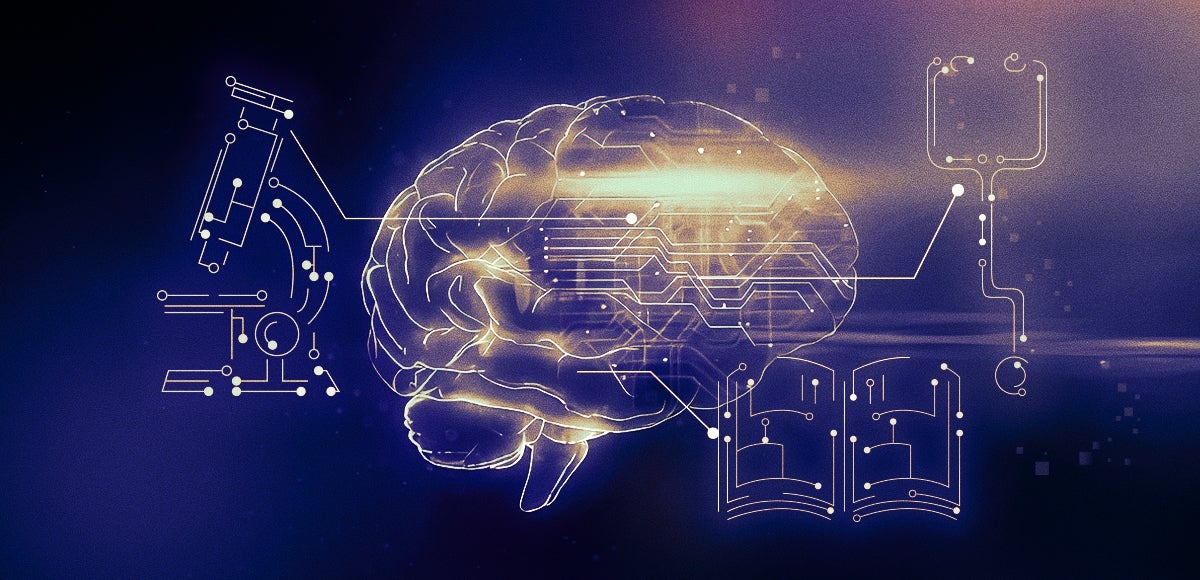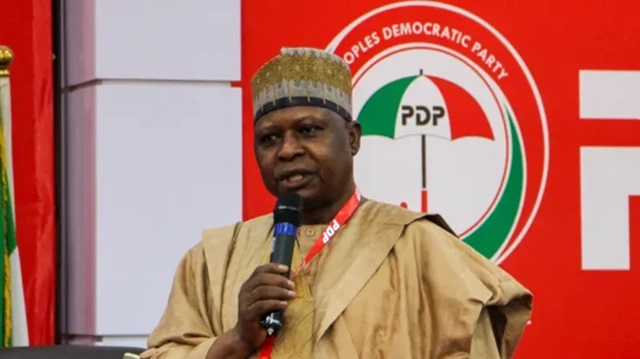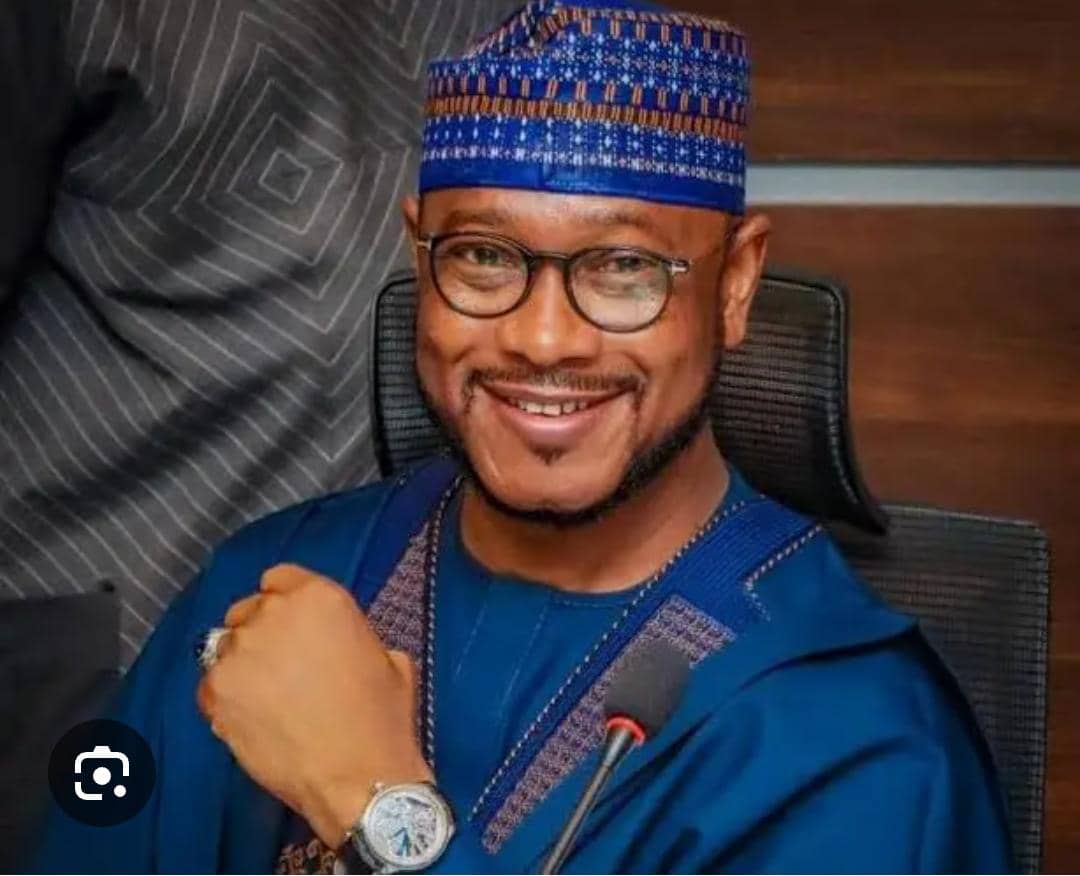Renowned computer scientist and one of the “godfathers” of Artificial Intelligence (AI), Prof Yoshua Bengio, has revealed his concerns about the trajectory of AI development. In an interview with the BBC, he expressed regret over not prioritizing safety over usefulness in the field’s rapid evolution, leaving him feeling “lost” about his life’s work.
The AI community has been raising alarm bells about the potential risks associated with AI, including the potential extinction of humanity. Prof Bengio, who has joined the calls for AI regulation, emphasized that military deployment of AI powers should be restricted. This echoes the sentiments of fellow AI pioneer Dr Geoffrey Hinton, who recently retired from Google, expressing regret over his work.
AI refers to computers’ ability to perform complex tasks previously requiring human intelligence. While AI advancements have led to impressive applications like AI-powered chatbots, concerns have been raised about the misuse of AI for harmful purposes such as the development of dangerous chemical weapons. Prof Bengio highlighted the risk of “bad actors” gaining access to sophisticated AI systems and the challenge of stopping them if they surpass human intelligence.
The personal toll of these concerns is evident in Prof Bengio’s remarks. As his life’s work becomes increasingly unclear to him, he acknowledged the emotional challenges faced by those in the AI sector. However, he emphasized the importance of continued engagement, discussion, and encouraging others to think critically about AI’s future.
Prof Bengio stressed the need for registration and accountability for companies developing powerful AI products. Governments should track and audit their activities, similar to regulations in other sectors such as aviation, automotive, and pharmaceuticals. Additionally, he emphasized the importance of ethical training for individuals involved in AI development.
While some argue that AI poses existential threats to humanity, Prof Bengio’s fellow “godfather” Dr Yann LeCun believes apocalyptic warnings are exaggerated. Elon Musk, the owner of Twitter and Tesla, expressed concerns about AI’s potential to impose strict controls on humanity. Prof Bengio emphasized the importance of regulation, certification, and ethical training to ensure responsible AI development.
Not all experts share the belief that AI will be humanity’s downfall. Dr Sasha Luccioni, a research scientist at AI firm Huggingface, highlighted the need to address more immediate issues like AI bias, predictive policing, and the spread of misinformation by chatbots. She emphasized the importance of focusing on concrete harms rather than hypothetical risks.
Despite the concerns surrounding AI, there have been significant advancements that have benefited society. Recent examples include the discovery of a new antibiotic using AI and the development of a microchip that enabled a paralyzed man to walk again through thought alone. However, concerns remain about AI’s impact on economies, with companies replacing human workers with AI tools.
Prof Bengio likened the current state of AI to climate change, emphasizing that it is never too late to improve and take action. While acknowledging the challenges posed by AI, he emphasized the need to explore solutions and mitigate potential risks, just as efforts are made to address climate change.





